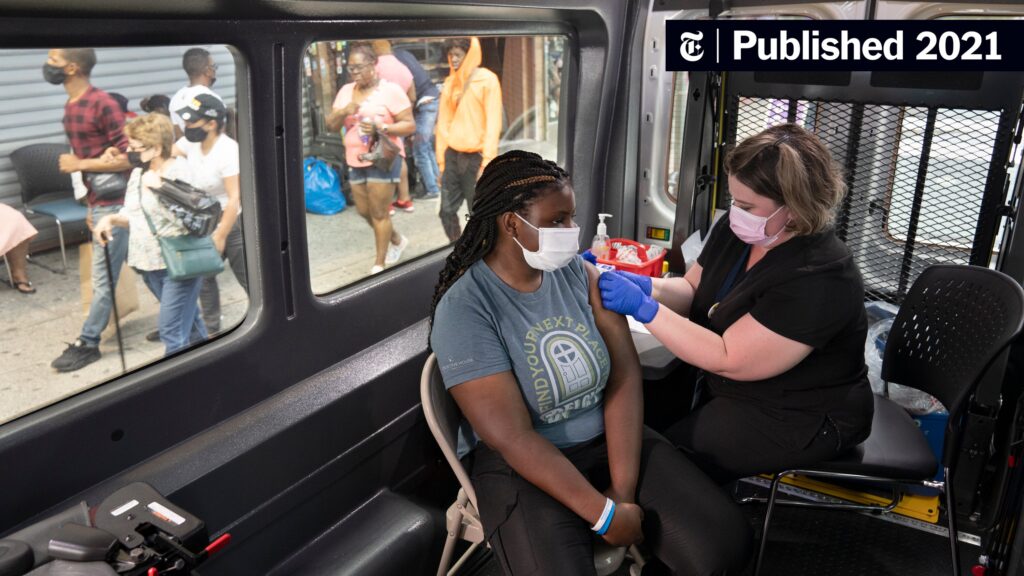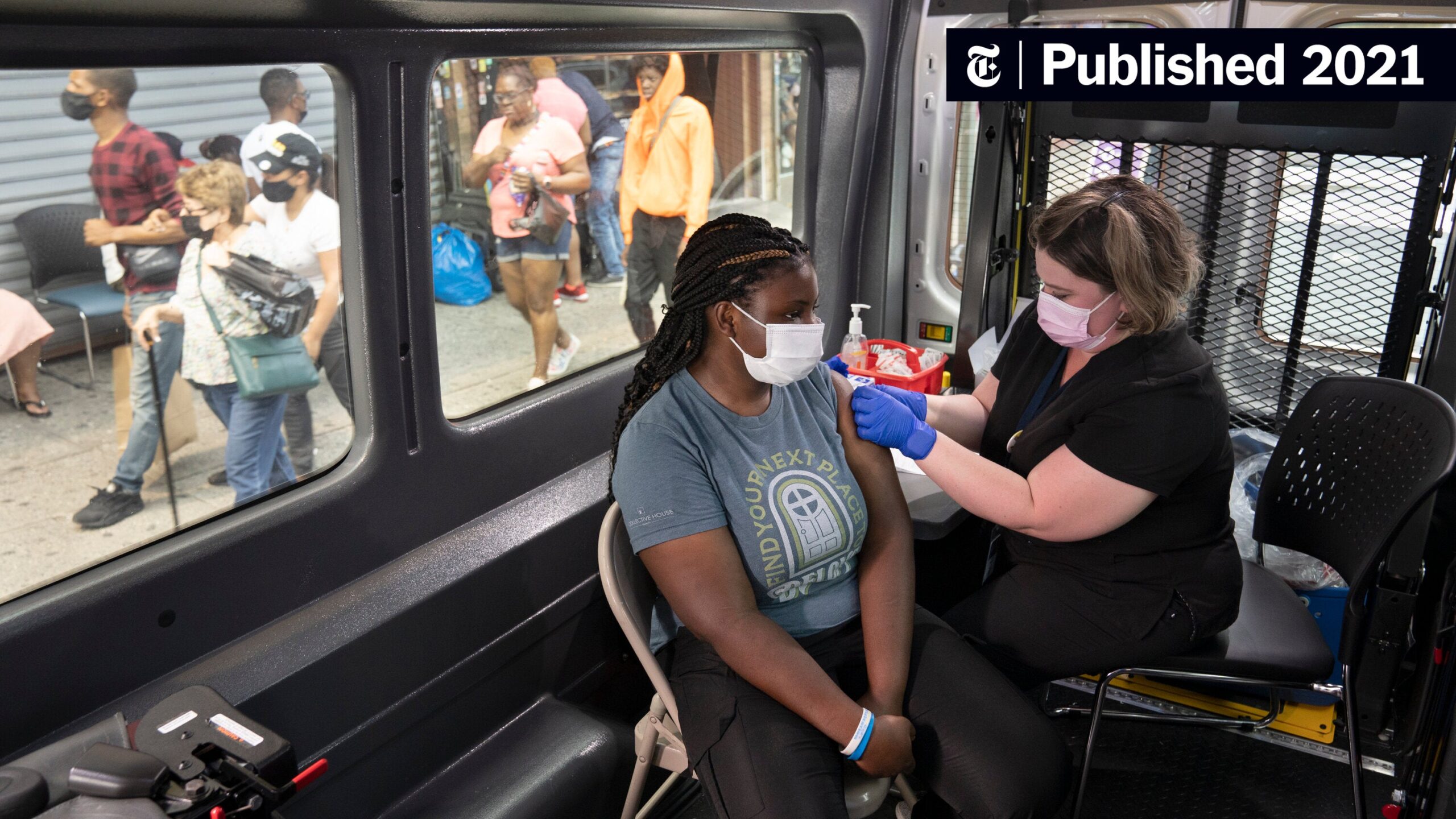
Navigating NY Vaccinations: A Comprehensive Guide to Staying Protected
New York State offers a wide range of vaccinations to protect its residents from preventable diseases. Understanding the available NY vaccinations, eligibility requirements, and where to get them is crucial for maintaining public health. This comprehensive guide provides up-to-date information on NY vaccinations, helping you navigate the process and stay informed.
Understanding the Importance of Vaccinations in New York
Vaccinations are a cornerstone of public health, preventing the spread of infectious diseases and protecting individuals from serious illness. In New York, vaccination programs have significantly reduced the incidence of diseases like measles, mumps, rubella, and polio. NY vaccinations not only protect individuals but also contribute to herd immunity, safeguarding vulnerable populations who cannot be vaccinated, such as infants and those with compromised immune systems.
Recommended Vaccinations in New York
The New York State Department of Health follows the recommendations of the Centers for Disease Control and Prevention (CDC) regarding vaccinations. These recommendations vary based on age, health status, and risk factors. Here’s an overview of the key NY vaccinations recommended for different age groups:
Childhood Vaccinations
The recommended childhood vaccination schedule includes vaccines for:
- Diphtheria, tetanus, and pertussis (DTaP)
- Polio (IPV)
- Measles, mumps, and rubella (MMR)
- Chickenpox (Varicella)
- Haemophilus influenzae type b (Hib)
- Hepatitis A and B
- Pneumococcal disease (PCV)
- Rotavirus
- Influenza (Flu)
These NY vaccinations are typically administered in a series of doses, starting in infancy and continuing through early childhood. Schools and daycare centers often require proof of vaccination for enrollment to prevent outbreaks.
Adolescent Vaccinations
Adolescents should receive booster doses of some childhood vaccines and additional vaccines to protect against diseases common in this age group. Recommended NY vaccinations for adolescents include:
- Tetanus, diphtheria, and pertussis (Tdap) – a booster dose
- Meningococcal conjugate vaccine (MenACWY) – to protect against meningitis
- Human papillomavirus vaccine (HPV) – to prevent HPV-related cancers and genital warts
- Influenza (Flu) – annually
Catch-up vaccinations are also important for adolescents who may have missed doses during childhood.
Adult Vaccinations
Adults need to stay up-to-date on their vaccinations to protect against diseases that can cause serious complications. Recommended NY vaccinations for adults include:
- Influenza (Flu) – annually
- Tetanus, diphtheria, and pertussis (Tdap) – a booster dose every 10 years
- Measles, mumps, and rubella (MMR) – if not previously vaccinated
- Varicella (Chickenpox) – if not previously vaccinated or had the disease
- Zoster (Shingles) – for adults 50 years and older
- Pneumococcal disease (PPSV23 and PCV15/PCV20) – for adults 65 years and older or those with certain medical conditions
Additionally, certain adults may need other NY vaccinations based on their occupation, travel plans, or medical conditions. For example, healthcare workers may need hepatitis B and measles vaccinations, while travelers may need vaccines for diseases prevalent in their destination.
Where to Get Vaccinated in New York
NY vaccinations are widely available through various healthcare providers and locations:
- Primary Care Physicians: Your family doctor can administer most routine vaccinations.
- Pharmacies: Many pharmacies offer vaccinations, including flu shots, shingles vaccines, and travel vaccines.
- Health Clinics: Local health clinics and community health centers provide vaccinations, often at reduced costs.
- County Health Departments: County health departments offer vaccinations and information on vaccination programs.
- Hospitals: Some hospitals offer vaccination clinics, particularly for specific populations or during outbreaks.
It’s essential to check with the provider beforehand to ensure they have the specific vaccine you need and to confirm any appointment requirements. The availability of specific NY vaccinations can vary depending on the location and current public health needs.
Understanding Vaccine Safety and Side Effects
Vaccines are rigorously tested and monitored to ensure their safety and effectiveness. The benefits of NY vaccinations far outweigh the risks of side effects, which are typically mild and temporary. Common side effects include:
- Pain, redness, or swelling at the injection site
- Mild fever
- Fatigue
- Headache
Serious side effects are rare. The CDC and FDA continuously monitor vaccine safety and investigate any reported adverse events. It’s important to report any unusual or severe reactions to your healthcare provider.
Addressing Vaccine Hesitancy
Vaccine hesitancy, or the reluctance to get vaccinated despite the availability of vaccines, is a growing concern. Misinformation and unfounded fears can contribute to vaccine hesitancy, leading to lower vaccination rates and increased risk of disease outbreaks. It’s crucial to rely on credible sources of information, such as the CDC, the New York State Department of Health, and your healthcare provider, to make informed decisions about NY vaccinations.
The Role of NY Vaccinations in Public Health
NY vaccinations play a critical role in protecting the health of individuals and communities. By preventing the spread of infectious diseases, vaccinations reduce healthcare costs, improve productivity, and protect vulnerable populations. Vaccination programs are essential for maintaining public health and preventing outbreaks of preventable diseases.
Navigating Vaccine Requirements in New York
New York State has specific vaccination requirements for children attending schools and daycare centers. These requirements are designed to protect students and staff from preventable diseases. Schools require documentation of NY vaccinations to ensure compliance with state regulations.
Resources for NY Vaccinations
For more information on NY vaccinations, consult the following resources:
- New York State Department of Health: Provides information on recommended vaccines, vaccination schedules, and vaccine clinics.
- Centers for Disease Control and Prevention (CDC): Offers comprehensive information on vaccines, diseases, and vaccine safety.
- Your Healthcare Provider: Can provide personalized recommendations and answer your questions about vaccinations.
Staying Informed About Emerging Vaccines
The field of vaccinology is constantly evolving, with new vaccines being developed to protect against emerging and existing diseases. Staying informed about the latest recommendations and advancements in NY vaccinations is crucial for maintaining optimal health. Consult your healthcare provider and reputable sources for up-to-date information.
Conclusion: Prioritizing NY Vaccinations for a Healthier Future
NY vaccinations are a vital tool for protecting individuals and communities from preventable diseases. By understanding the recommended vaccines, where to get them, and the importance of vaccination, you can make informed decisions to safeguard your health and the health of those around you. Prioritizing NY vaccinations is an investment in a healthier future for all New Yorkers. [See also: Understanding Vaccine Hesitancy] [See also: The Importance of Childhood Vaccinations]

